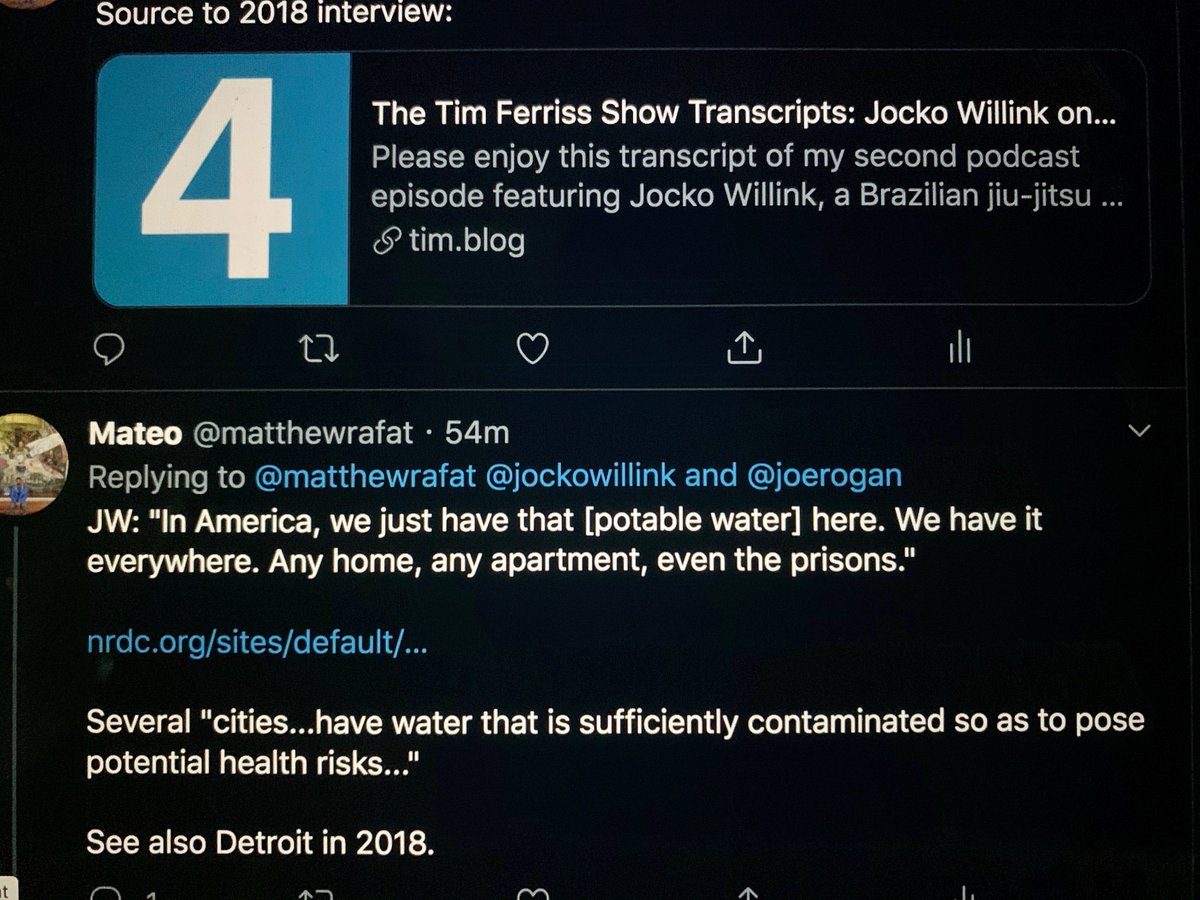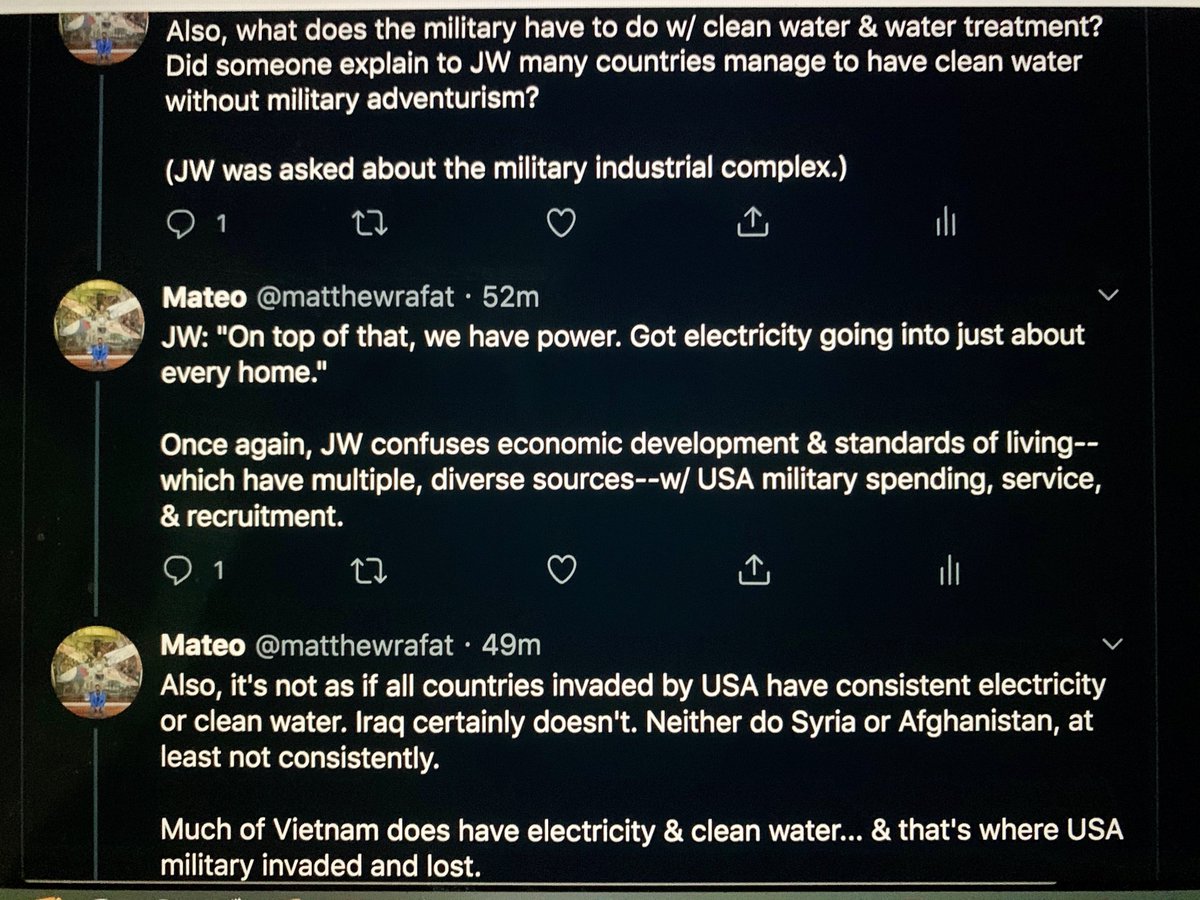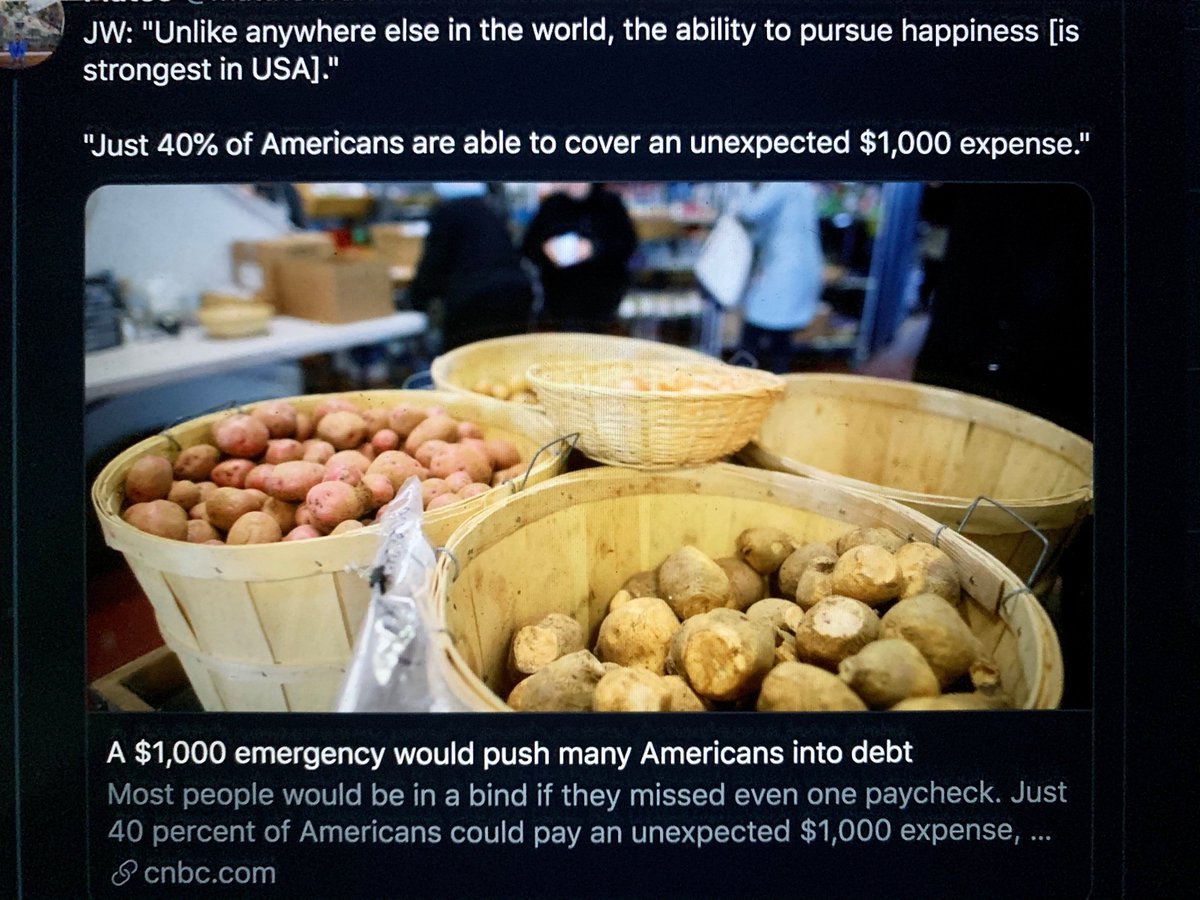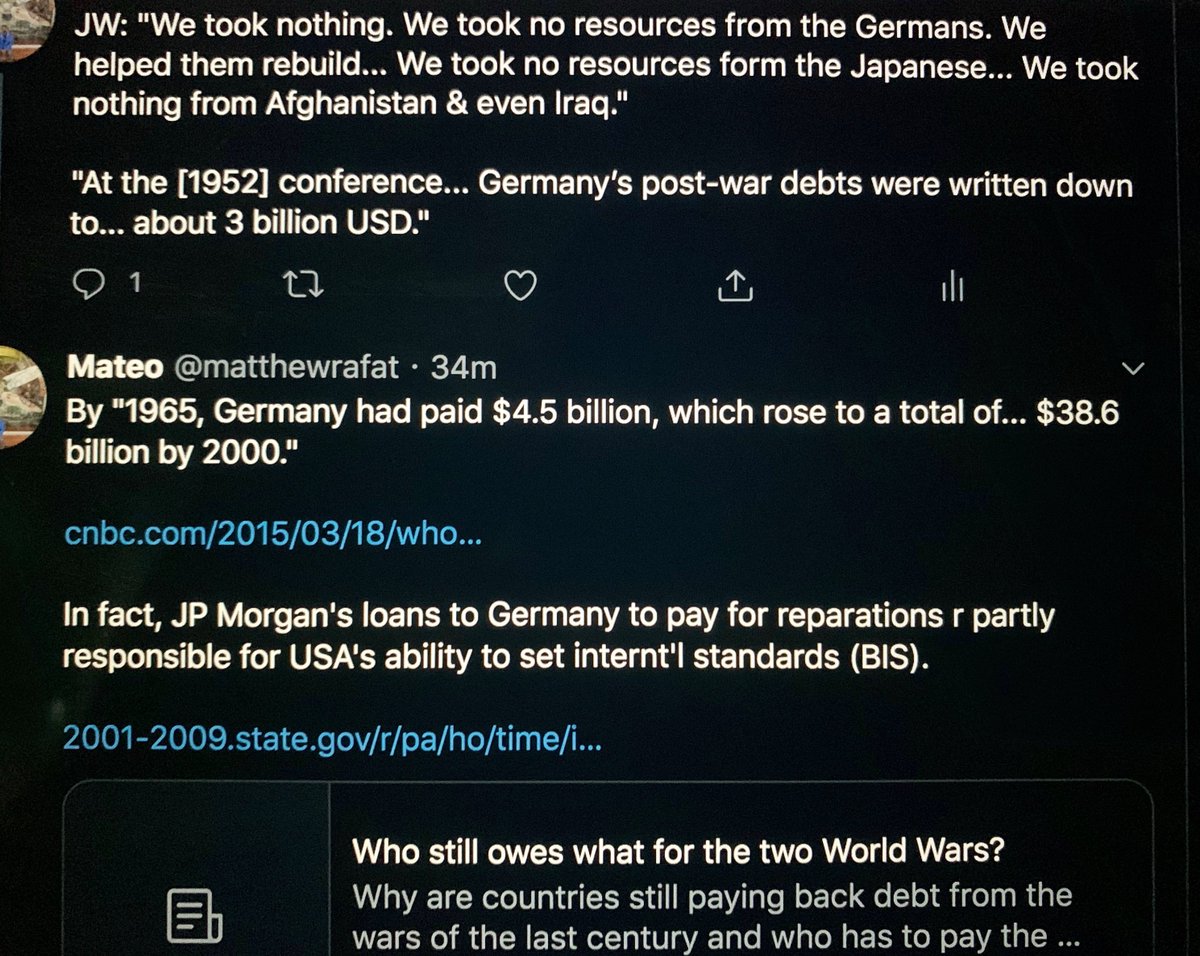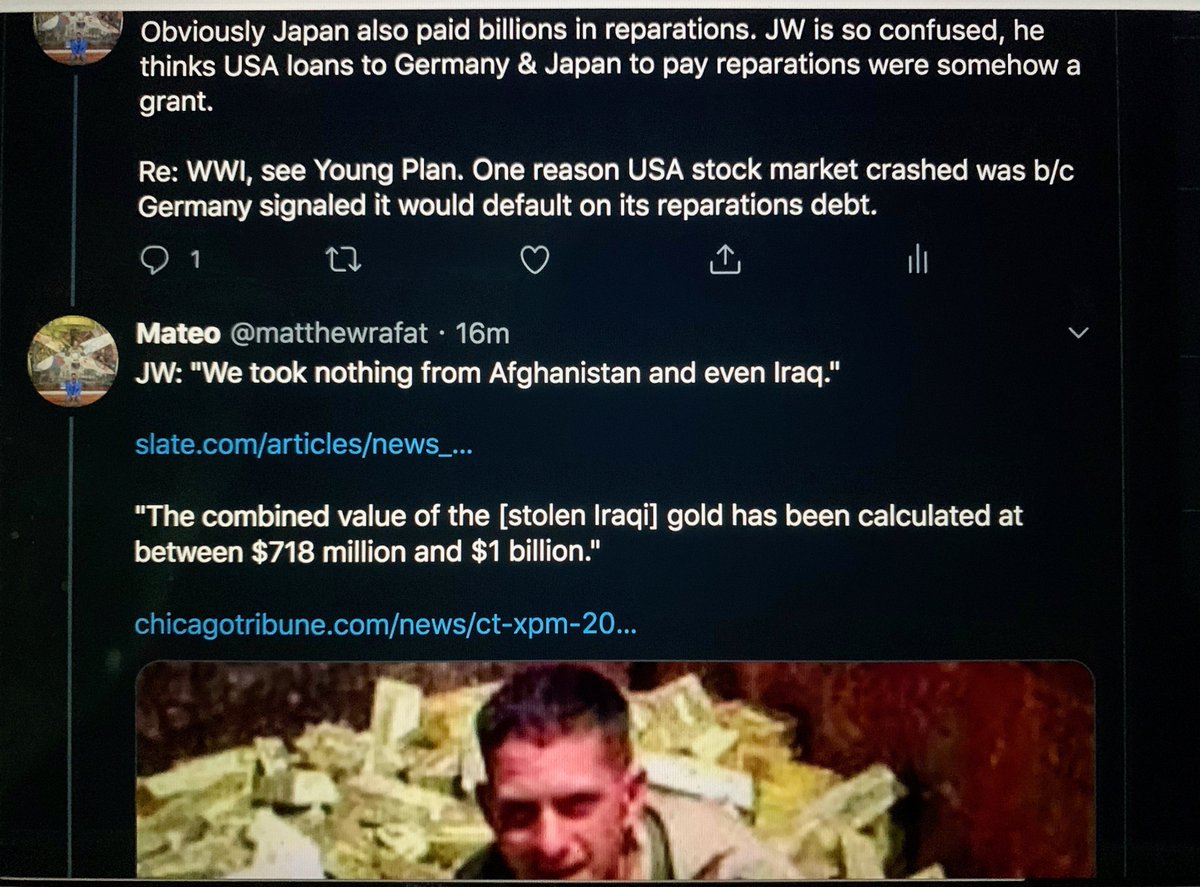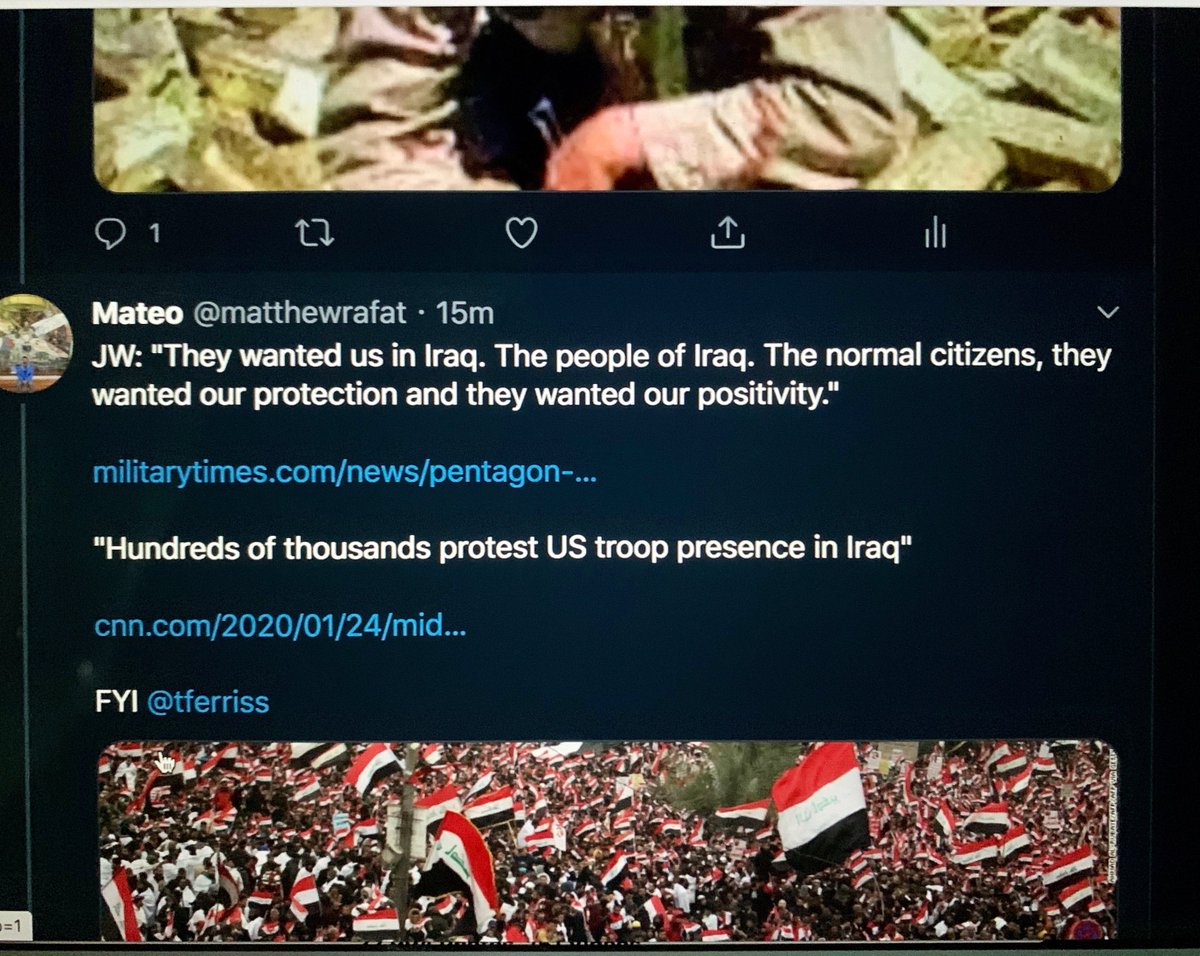Hunter S. Thompson once said Democrats don't learn. Today, Congress apparently finished Day 2 of an impeachment trial against a president no longer in office. I say "apparently," because no one sane is voluntarily watching the trial, nor does anyone believe enough votes exist to convict. Democrats seem unable to comprehend Republicans voting for a trial did so the same way an apiarist pretends to befriend bees in order to take their honey. (The analogy isn't perfect, because unlike the Democratic Party, professional apiarists understand danger and wear protection before walking into a hive.) In any case, the Democrats, having won Congress by less than a 1% margin and the presidency only because too many people voted for the Libertarian Party, are approaching a second impeachment as if Donald Trump is Richard Nixon reincarnated. An American history lesson is warranted, and we'll start from last year.
Not until after the 2020 Democratic Convention did I realize uninvited Representative Tulsi Gabbard was, like VP pick Kamala Harris, a mixed Desi. The popular media had hit us so many times with stories of Harris's ethnic background--visions of Obama and sugar plums dancing in their heads--they ignored the fact that the Democrats' messages of unity and diversity were contradicted by a single absent person.

As an immigrant with an American passport--I no longer call myself American, preferring a more distended designation--everything indicates I stand to reach the upper echelons of political power only if I conform and agree with one of two sides. In elevating a mismatched duo of prosecutor and public defender to the top of the Democratic Party while literally shutting out anti-war dissenters, the only difference between the Democrats and the Republicans is now on the issue of abortion. Decades of unchecked military spending since Archbishop Ngô Đình Thục and Catholic Joseph McCarthy dragged Americans into Vietnam have given the military-industrial complex a holy victory: total control of America's political structure with an obedient Catholic leading the way.
Conventions were not always this way in America, that alleged land of the free. At the 1968 Democratic Convention, reporter Dan Rather was attacked by security personnel as he attempted to question a delegate being removed, and Senator Andrew Ribicoff dared go off-script, criticizing Mayor Daley's Gestapo-like tactics. (Catholic Richard Daley responded by insulting Ribicoff's Jewish background.)
Each generation doubtless feels called upon to reform the world. Mine knows that it will not reform it, but its task is perhaps even greater. It consists in preventing the world from destroying itself. Heir to a corrupt history, in which are mingled fallen revolutions, technology gone mad, dead gods, and worn-out ideologies, where mediocre powers can destroy all yet no longer know how to convince, where intelligence has debased itself to become the servant of hatred and oppression, this generation starting from its own negations has had to re-establish, both within and without, a little of that which constitutes the dignity of life and death. -- Albert Camus (1957)
The conflict's genesis? The Vietnam War aka the American War of Aggression. One faction of the Democratic Party, led by George McGovern and Eugene McCarthy (not to be confused with pro-war Joseph McCarthy), was anti-war, and another, led by Hubert Humphrey, favored continued military action with the objective of forcing a negotiated settlement. The unpopularity--and infeasibility--of the war was underscored by VP Humphrey in 1965, who wrote, "American wars have to be politically understandable by the American public."
American wars have to be politically understandable by the American public. There has to be a cogent, convincing case if we are to have sustained public support. In World Wars I and II we had this. In Korea we were moving under UN auspices to defend South Korea against dramatic, across-the-border conventional aggression. Yet even with those advantages, we could not sustain American political support for fighting the Chinese in Korea in 1952. Today in Vietnam we lack the very advantages we had in Korea. The public is worried and confused. -- VP Hubert Humphrey, in 1965, ten years before the last USA serviceman left Vietnam
As part of the generation that grew up under multiple Iraq invasions--not just for oil, but natural gas--Humphrey's words sound quaint. It was against this conflicted backdrop and a mandatory military draft that the 1968 Democratic National Convention occurred, ensuring a volatile event. Policemen beat anti-war protesters using batons, knowing they had the full support of Chicago's leadership. Consequently, for at least one day, Americans couldn't tell the difference between the Chicago mob and their own government. How did the Democratic Party go from being so concerned about anti-war sentiment that it was willing to beat protesters in broad daylight to barring anti-war politicians from their own Convention? The answer is gerrymandering, aka political segregation. Put simply, if you divide enough factions into their own districts, you can easily govern any group not already in power by ensuring conflicting opinions never meet in a public forum, thus sputtering and stalling out. Post-WWII, though the prevailing framework internationally and domestically has been more "divide and govern" than "divide and conquer," American students are taught Western democracies promote optimal communication between conflicting groups.
[G]errymanders will only get worse (or depending on your perspective, better) as time goes on—as data becomes ever more fine-grained and data analysis techniques continue to improve. What was possible with paper and pen—or even with Windows 95—doesn’t hold a candle (or an LED bulb?) to what will become possible with developments like machine learning. And someplace along this road, “we the people” become sovereign no longer. -- Justice Kagan, dissenting, Rucho v. Common Cause (2019)
In 1992, when Americans lacked conflicting viewpoints about the supremacy of their political system, Francis Fukuyama talked about the end of history. A mere decade later, General Colin Powell would cheerlead America into Iraq, another Vietnam, proving history was very much alive and continued to repeat itself. From that debacle arose Abu Ghraib and the destruction of America's credibility, which included the Democratic Obama/Biden administration assassinating an American citizen without due process. "The dumb are never with us for long, and there is a lot of evidence to suggest that Republicans learn faster than Democrats..."
We now arrive at 2021, when the Democratic Party is impeaching a president already out of office, repeating the same highfalutin bullying that made Trump so popular in the first place. I've heard of security theater, in which the government takes actions that "make people feel more secure without doing anything to actually improve their security," so perhaps this impeachment falls under the category of "political theater." Why, then, does it seem so much more pernicious than any Shakespearean tragedy?
© Matthew Mehdi Rafat (February 2021)
If it weren't for this constant struggle on the part of the few creative types to expand the sense of reality in man, the world would literally die out. We are not kept alive by legislators and militarists, that's fairly obvious. We are kept alive by men of faith, men of vision. They are like vital germs in the endless process of becoming. -- Arthur Miller (USA)


